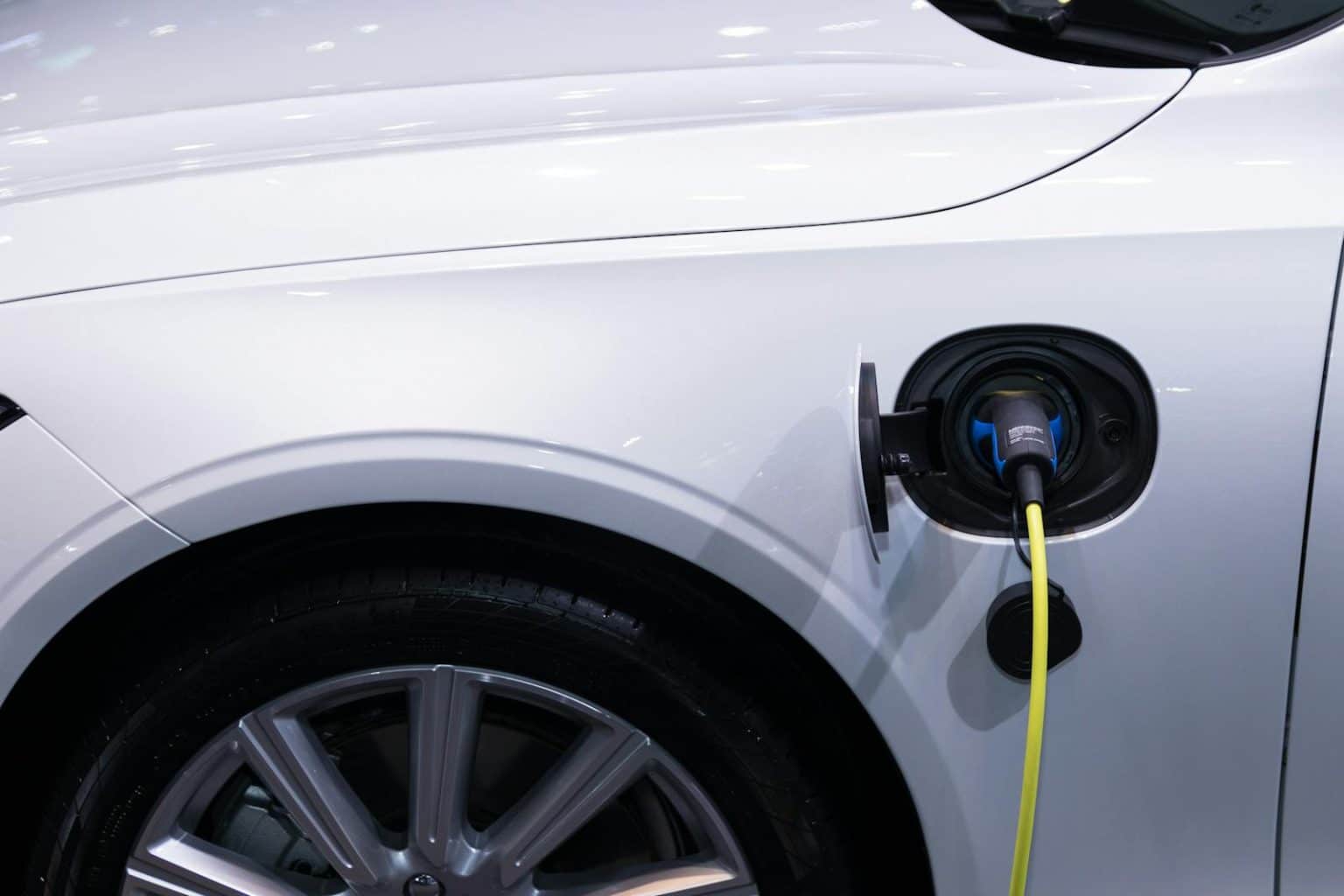A team of scientists at Harvard University has made a significant breakthrough in battery technology that could revolutionize the electric vehicle (EV) industry. The researchers from the School of Engineering and Applied Sciences (SEAS) have developed a groundbreaking “solid-state” battery that boasts swift charging capabilities, lasting at least 6,000 cycles, and is considered a potential game-changer for the electric transportation sector.
The recent Arctic weather in the United States highlighted challenges faced by some EV owners, such as fast-draining batteries, slow charging, and concerns about performance in sub-zero temperatures. Despite these issues, new research from a Norwegian breakdown service indicates that electric cars tend to fare better in extreme cold than their fossil fuel-powered counterparts.
A study conducted by Ipsos in the previous year revealed that, along with cost concerns, apprehensions about the lack of charging infrastructure and battery life were key barriers to widespread EV adoption. These concerns pose a potential challenge to the ambitious climate plans in the United States, where the Biden administration aims for at least half of new vehicle sales to be electric by 2030.
The breakthrough by the Harvard research team could address some of these concerns. The team reported that they have developed a “solid-state” battery that not only charges rapidly but can be charged in the time it takes to fill up a gas tank and endure at least 6,000 cycles. Current lithium-ion batteries, commonly used in EVs, laptops, and other electronics, have limitations, and concerns about their safety have arisen.
Dr. Xin Li, associate professor of materials science at Harvard, described solid-state batteries as the “holy grail” of battery technology. Unlike traditional lithium-ion models, solid-state batteries replace the liquid, organic electrolyte with a non-flammable material, enhancing safety. The postage stamp-sized battery developed by the Harvard team demonstrated an 80% capacity retention after 6,000 cycles, outperforming other solid-state batteries on the market.
A key innovation in the Harvard team’s design involves using a lithium metal anode, which has ten times the capacity of the typical graphite anodes found in commercial batteries. This breakthrough addresses the challenge of “dendrites,” root-like structures that can grow from the surface of the anode into the electrolyte, potentially causing short circuits or fires.
The prolonged battery lifetime of approximately 30 years could significantly reduce the overall cost of EVs, making them more accessible to consumers. Dr. Li highlighted the potential impact on global electrification, stating, “If the consumer spends less money to buy an EV, that will really drive global electrification.”
Also Read : +44 20 3322 2305
The ability to charge the battery in a matter of minutes enhances its power density, expanding potential applications beyond electric vehicles to include electric planes and other high-power-demanding technologies. The groundbreaking technology has already undergone testing by a US car company, with positive results, and other car manufacturers are in line to assess its viability.
The announcement of this breakthrough comes at a time when the US government, through the Bipartisan Infrastructure Law, has allocated $6 billion to bolster the domestic battery industry, focusing on materials, manufacturing, and storage. As the world shifts rapidly towards electrification, the advancements in solid-state battery technology hold promise for a more sustainable and efficient future in transportation.
